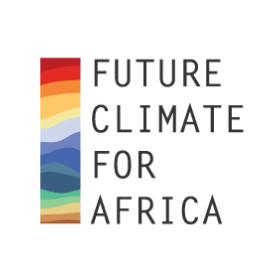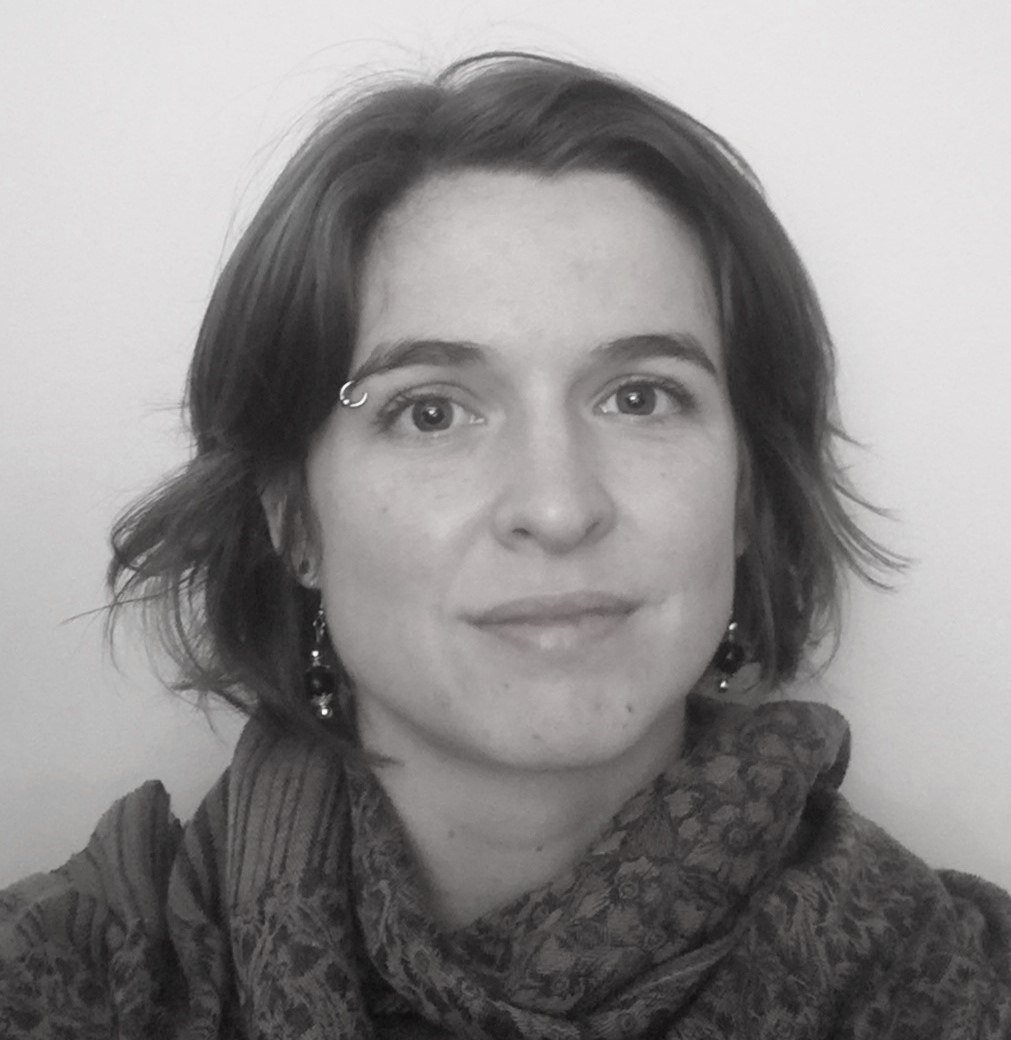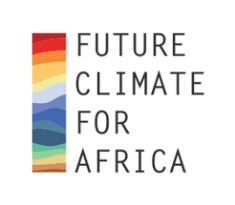| Jump to: Project team · Partners |

ACDI led a study in scientific capacity development (SCD) in Africa. The SCD study was financially supported by CDKN, on behalf of the Future Climate for Africa (FCFA) research program. FCFA was a 5-year program to enhance scientific understanding and prediction of extreme weather and climate in sub-Saharan Africa. A central component of FCFA involved the development of scientific capacity in Africa, and the SCD study helped to inform FCFA’s scientific capacity development work, including recommendations based on a portfolio of potential SCD activities and approaches for FCFA. Other key outputs included a literature review with detailed case studies, database of SCD activities, and an evaluation framework for SCD activities.
The purpose of this study, which ran from December 2014 to July 2015, was to answer a central question for FCFA in its inception phase: What SCD options work best in specific African contexts?
To answer this question, ACDI worked in partnership with other organisations involved in SCD activities in Africa: CSAG, INTASAVE, START, and the ELRC at Rhodes University. The study started off by looking at existing literature and grey literature on SCD in Africa, and used this to create a typology of SCD approaches and an evaluation framework.
Most SCD activities in Africa are poorly documented in literature or online, and this was where the knowledge and experiences of our partner institutions became crucial to identifying and assessing SCD activities taking place across the continent. Each organisation contributed their knowledge of SCD taking place and make use of their networks in this field to capture undocumented activities.
After compiling a database of SCD activities, suppliers and recipients, a selection of these across different regions and contexts in Africa were approached for in-depth interviews. These interviews were analysed using an evaluation framework to assess successes and barriers to success. The approach was to analyse the barriers and ways of overcoming barriers from multiple dimensions, including content, resources, people/personalities, institutional factors, cultural and environmental factors, and process-related features.
The expected impact was that FCFA would use the information and recommendations from this study to inform the activities and outputs for all FCFA scientific capacity development work.
Project team

|
|
|
Partners




